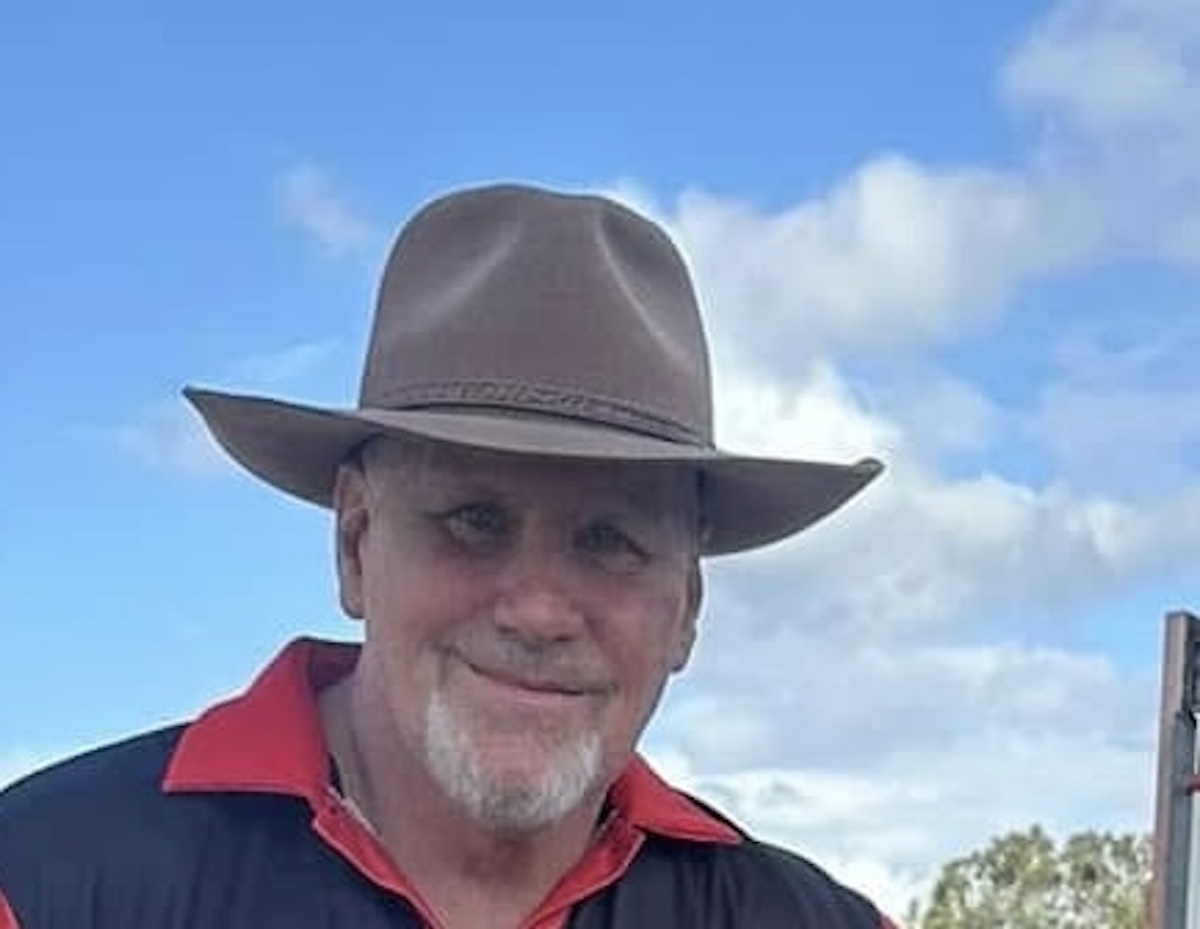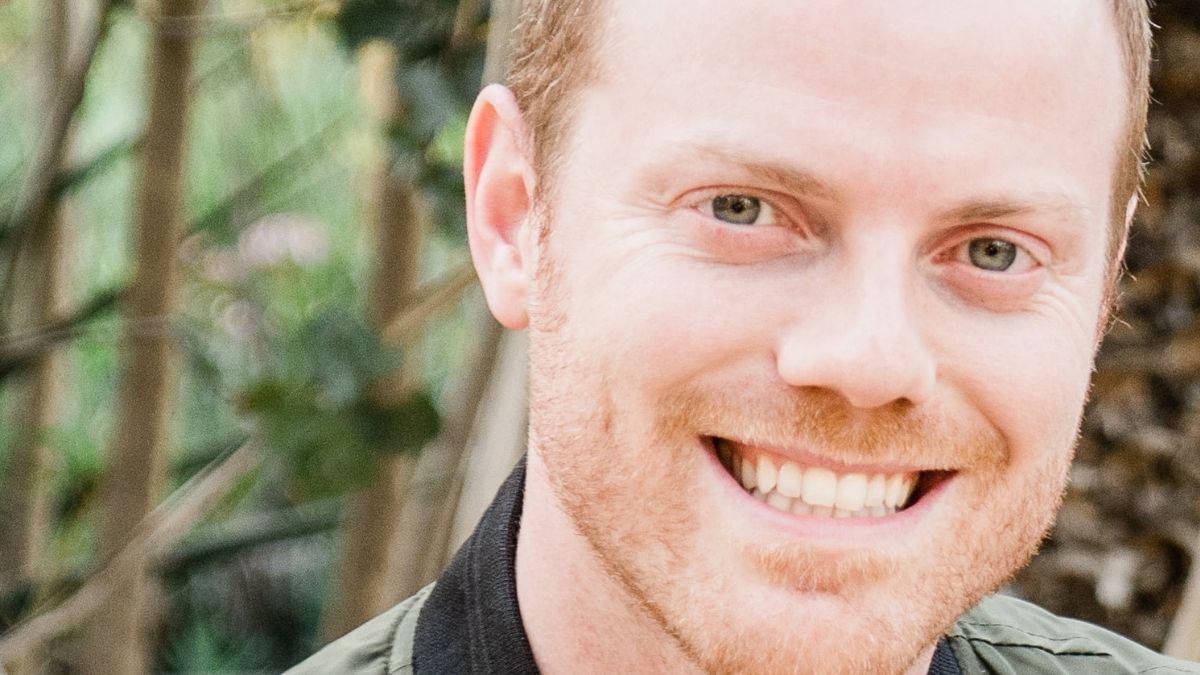How One Regional Operator is Navigating Australia's $200 Billion Tourism Recovery
Australia's tourism industry is experiencing a remarkable comeback, with the sector set to inject $314.4 billion into the national economy in 2025—nearly a third above pre-pandemic levels. But while the headlines celebrate this growth, regional tourism operators face a different reality: changing customer behaviour, rising acquisition costs, and the challenge of standing out in an increasingly crowded digital landscape.
In the latest episode of Handpicked, I spoke with Mark Garey from Orange Trikes, whose story embodies both the challenges and opportunities facing regional Australian tourism businesses today. Mark's transformation from holiday rental host to trike tour operator in Orange, NSW, offers invaluable lessons for any business owner navigating economic uncertainty while building sustainable growth.
The Regional Tourism Opportunity
Regional Australia represents a massive opportunity that many overlook. While most visitors gravitate toward capital cities, 19% of nights are spent in regions other than Australian capital cities or the Gold Coast. This represents millions of visitors seeking authentic, memorable experiences beyond the typical tourist trails.
Australia's wellness tourism sector alone expects a huge 20.9% increase in visitor spending growth year on year through 2025, with pristine wilderness environments like those around Orange proving ideal for this rapidly growing market segment.
Mark's journey started with a simple observation during a trike rental experience: "Every time we go to a new town, first thing we do is look to see if there's a trike tour operator there," Grey Nomads told him. That lightbulb moment led to a business that now offers everything from one-hour tours to premium wine experiences with winemaker sessions.
The Three Digital Marketing Challenges Every Regional Operator Faces
During our conversation, Mark posed three critical questions that reflect the struggles of tourism operators across regional Australia. His challenges—and the solutions we discussed—offer a roadmap for sustainable growth in today's competitive environment.
Breaking Through Google's Changing Algorithm
Mark's first concern was one that keeps many business owners awake at night: "What are the three big things to focus on to increase Google rankings without paying absorbent fees?"
The reality is harsh but manageable. Traditional search engine optimisation is becoming less effective as AI-powered search results push natural listings further down the page. Sales reps spend about 35% of their time actively selling, while the rest is dedicated to non-revenue-generating tasks—and for tourism operators, that often means battling expensive Google Ads for basic terms like "things to do in Orange."
The solution lies in three strategic approaches:
- Target the Long Tail: Instead of competing for expensive broad terms, focus on specific searches like "trike tours Orange wine country" or "private group experiences Orange NSW." Tools like SEMrush reveal what people actually search for—and it's often not natural language.
- Optimise for AI Discovery: New tools like AIOps help businesses ensure their content is discoverable by large language models. As AI increasingly answers customer queries directly, being included in these responses becomes critical for visibility.
- Leverage Partnership Platforms: Working with established platforms like Big Red Group's ecosystem means benefiting from their SEO investments while maintaining your own digital presence.
Adapting Business Models During Economic Uncertainty
Mark's second dilemma reflects broader economic pressures: should he move away from premium private experiences to group tours with lower per-person pricing?
Australia's adventure tourism market generated $10.5 billion in 2023 and is expected to reach $30.2 billion by 2030, but that growth isn't evenly distributed. Economic pressures are affecting discretionary spending, particularly for higher-priced experiences.
The answer isn't either-or—it's both-and:
Rather than abandoning the private experience model that built his reputation, Mark can test new offerings through his existing platform. The beauty of modern booking systems is their flexibility: he can create ticketed experiences for couples or small groups, test different price points on different days, and measure results without major upfront investment.
Strategic pricing becomes crucial: "Tight Tuesday" pricing could capture price-sensitive customers while maintaining premium Saturday rates. Adding value-adds—like exclusive access to local artists or behind-the-scenes winery experiences—helps justify higher prices while creating unique selling propositions.
Marketing High-Value Experiences
Mark's third challenge touches on a fundamental business question: how do you market premium experiences (Indigenous cultural tours, extended winery sessions with winemakers) when local markets seem reluctant to pay higher prices?
The solution involves thinking beyond traditional geographic boundaries:
Rather than limiting high-value experiences to local markets, successful regional operators leverage partnerships to access premium audiences. This might mean designing specific products for international visitors from key markets like India (a growing source of Australian tourism) or partnering with luxury travel distributors who already serve affluent customers.
The key insight: don't try to find customers yourself—partner with organisations that already talk to the customers you want to reach. A shared customer is cheaper to acquire and often more valuable than one you've fought to win through paid advertising.
The Multiplier Effect of Regional Tourism
What makes Mark's story particularly compelling is the broader economic impact of regional tourism businesses. When someone takes a trike tour in Orange, they typically spend additional money on accommodation, restaurants, wineries, and local shops.
Our research in similar regional destinations shows that visitors often spend $1,000 or more beyond their primary activity, creating jobs and infrastructure throughout the community. With 101,000 businesses in Australia's tourism industry employing over 660,000 people, regional operators like Mark play a crucial role in distributing tourism's economic benefits beyond major cities.
This multiplier effect means that successful regional tourism businesses aren't just building their own enterprises—they're supporting entire communities and creating resilience in regional economies.
The Technology Advantage for Small Operators
One advantage that emerged from our conversation is how modern technology levels the playing field for smaller operators. Mark benefits from Big Red Group's sophisticated e-commerce platform, which provides enterprise-level capabilities including:
- Dynamic pricing tools
- Integrated booking systems
- SEO optimisation
- Payment processing
- Customer management
This democratisation of technology means that a single-operator business in Orange can offer the same seamless customer experience as major tourism companies, while maintaining the personal touch that makes regional experiences special.
Key Strategies for Regional Tourism Success
Mark's questions and our discussion revealed several actionable strategies that any regional tourism operator can implement:
1. Embrace Flexible Business Models
Don't lock yourself into a single approach. Test different offerings, price points, and target markets while maintaining your core differentiators.
2. Leverage Local Partnerships
Work with other businesses, tourism offices, and local artists to create unique experiences that can't be replicated elsewhere. Shared customers are cheaper customers.
3. Focus on Long-Tail SEO
Target specific, less competitive search terms that reflect how people actually look for experiences in your area.
4. Optimise for AI Discovery
Ensure your content is structured so AI systems can understand and recommend your offerings.
5. Think Beyond Geography
Use partnerships and platforms to access markets you couldn't reach independently.
The Future of Regional Tourism
Tourism's total contribution to Australian GDP is expected to reach 10.69% by 2028, with international visitor spending forecast to grow from $32.1 billion in 2024 to significantly higher levels as travel fully recovers.
Regional operators who adapt their strategies now—embracing flexible business models, leveraging technology, and building smart partnerships—will be well-positioned to capture their share of this growth.
Mark's journey from Airbnb host to regional tourism entrepreneur demonstrates that success comes not from waiting for markets to improve, but from continuously adapting and testing new approaches while maintaining the authentic, personal experiences that make regional tourism special.
Listen and Learn
Mark's questions during our conversation were spot-on—the kind of strategic thinking that separates successful operators from those who struggle. His willingness to test new approaches while maintaining his core value proposition offers a blueprint for other regional businesses.
Listen to the full episode to hear our complete discussion about SEO strategies, dynamic pricing, premium product development, and the crucial role of partnerships in regional tourism success.
Subscribe to Handpicked for more conversations with entrepreneurs who are building successful regional businesses and contributing to Australia's economic resilience beyond the major cities.
The regional tourism opportunity is real—but it requires smart strategies, flexible thinking, and the willingness to continuously adapt. Mark's story shows how it's done.
Sources and additional reading:
- Tourism Research Australia: Tourism forecasts and economic impact data
- Australian Bureau of Statistics: Tourism Satellite Account 2023-24
- IBISWorld: Tourism in Australia market research
- World Travel & Tourism Council: Australia's Travel & Tourism sector outlook
Handpicked with Naomi Simson explores the strategies, challenges, and triumphs of successful entrepreneurs across Australia. Each episode delivers practical insights you can implement immediately in your own business journey.
Frequently Asked Questions on Pivot or Persist
1. What is the key to knowing whether a business needs to 'Pivot' or 'Persist'?
The key lies in objective data analysis and honest self-assessment of the core problem being solved. A business should persist when the core value proposition is proven but the execution is flawed. It should pivot when the market feedback proves the fundamental value proposition is wrong or the market itself has disappeared. The decision should be strategic, not emotional, based on a clear-eyed view of customer data and the competitive landscape.
2. How can a founder gain clarity on the 'core problem' their business is solving?
A founder gains clarity by intensely focusing on the customer experience and eliminating distractions. The 'core problem' is the single, non-negotiable pain point the business solves that customers are willing to pay for. This clarity is often achieved by simplifying the business to its essence (adopting a 'Less is More' approach) and actively seeking external perspective from mentors, non-executive directors, and most importantly, honest feedback from customers.
3. What is the biggest danger to a founder who chooses to 'Persist' for too long?
The biggest danger is falling victim to the sunk cost fallacy—investing good money and energy after bad money and energy. Persisting for too long means they ignore fundamental market shifts and bleed resources, often leading to a catastrophic end. A founder's passion is an asset, but when it overrides objective data and strategic advice, it becomes a liability that threatens the business's eventual survival.
4. What role does purpose play in the 'Pivot or Persist' decision?
Purpose acts as the North Star. If the current business model is failing (requires a pivot), but the original purpose (the 'why') remains valid and relevant, the leader should strive to pivot the execution to better serve that original purpose. If the purpose itself is no longer meaningful, the founder must be prepared to close the chapter and move on, as there is no sustainable foundation to build upon.
5. How does the 'Pivot or Persist' decision change as a business scales?
As a business scales, the decision becomes less about the founder's intuition and more about governance and process. A startup can pivot on a dime, but a scaling business must use formal governance, strategic planning (like one-page plans), and board oversight to manage the risk of a pivot. The decision shifts from a sole founder's choice to a collective, data-driven strategic assessment involving the board and leadership team.






